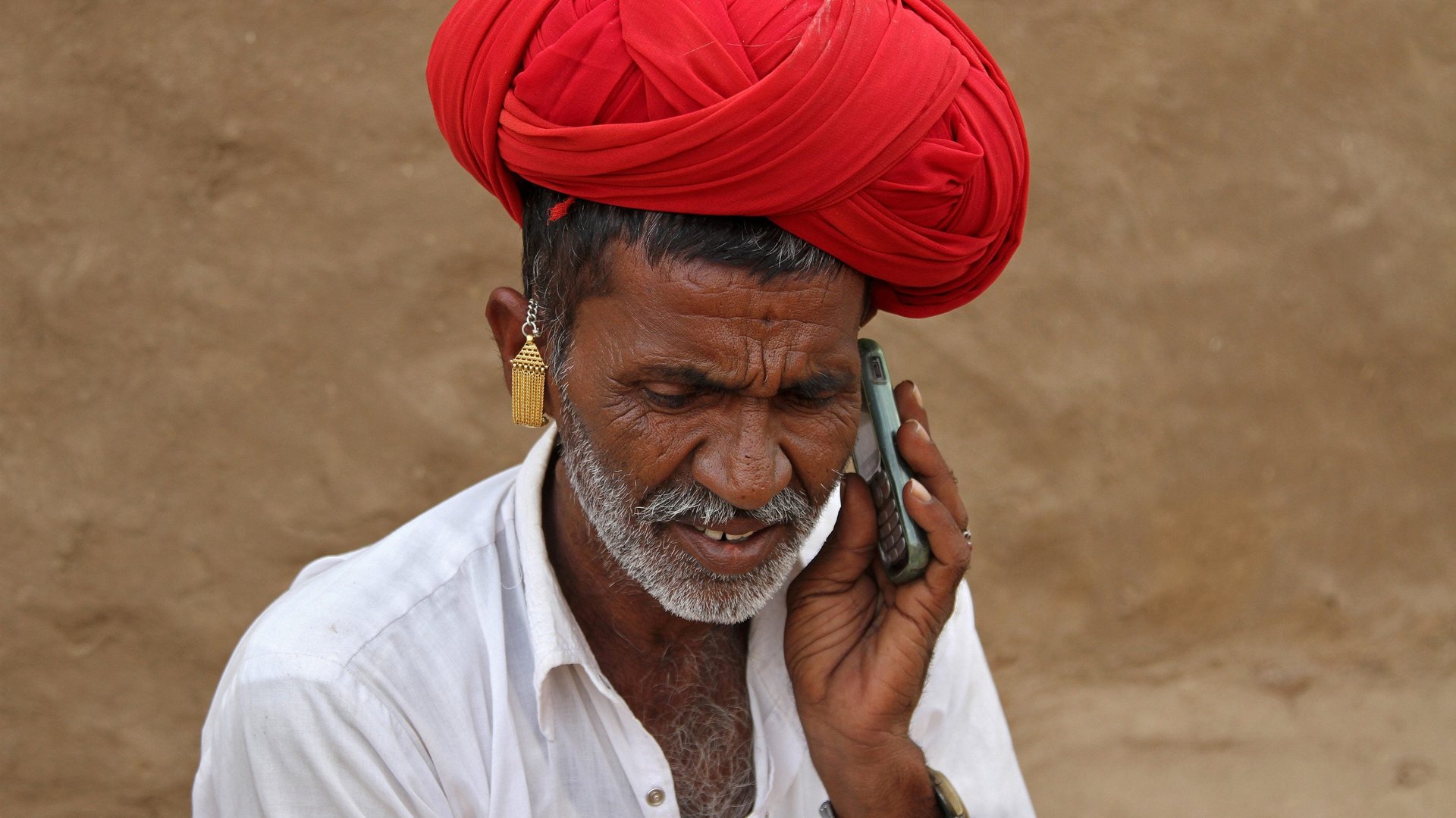India’s central bank moves to deepen digital payments system
The Reserve Bank of India (RBI) is keen on simplifying and deepening the country’s digital payments system to boost financial inclusion through the government’s Unified Payments Interface (UPI).


The Reserve Bank of India (RBI) is keen on simplifying and deepening the country’s digital payments system to boost financial inclusion through the government’s Unified Payments Interface (UPI).
In its monetary policy statement today (Dec. 8), the RBI announced the introduction of UPI-based payment products for feature phones.
Until now, this category of users could carry out digital transactions dialling *99# on their mobile phone, and following an interactive menu displayed on the mobile screen. However, the service has not picked up.
“…some innovators had successfully demonstrated their solutions for feature phone payments, under the theme of ‘Retail Payments’. These products, coupled with other complementary solutions, will facilitate UPI-based digital payment solutions on feature phones to promote wider digitisation,” the RBI said in its statement (pdf). The details will be released shortly, the statement added.
In India, UPI is the most popular digital payments method. It facilitated nearly 4.1 billion transactions worth 6.68 lakh crore rupees ($88.51 billion) in November.
This assumes significance because the adoption of digital payments has moved beyond the country’s metro cities. The RBI’s bi-annual digital payments index for March 2021 stood at 270.59, as against 207.84 for March 2020.
RBI governor Shaktikanta Das today also increased the UPI transaction limit from Rs2 lakh to Rs5 lakh for the central bank’s recently launched retail investment scheme for government securities. The same is applicable for subscriptions to initial public offers, too.
Further, the RBI proposed to offer a simpler process to enable low-value transactions through an “On-device” wallet in UPI app which will conserve banks’ resources.
No digital payments player—Paytm, Google Pay, PhonePe, or any other—earns revenue on UPI-based payments as they are not allowed to charge any commission. They have increasingly been voicing concerns over the zero merchant discount rate (MDR), the percentage they earn on these transactions.
While banks are allowed to charge a fee for accepting payments via credit and debit cards, the discriminatory approach towards facilitators using RuPay and UPI platforms may not fare well in the absence of MDR.
“UPI’s fast growth is because of fierce competition in the space. With zero MDR, the investment coming from the private equity market into UPI ecosystem has become zero,” Sameer Nigam, founder and CEO of digital payments app PhonePe told Mint newspaper.
A discussion paper on the various charges in the payment system, which includes cards, wallets, and UPI, will be released in a month, Das said.